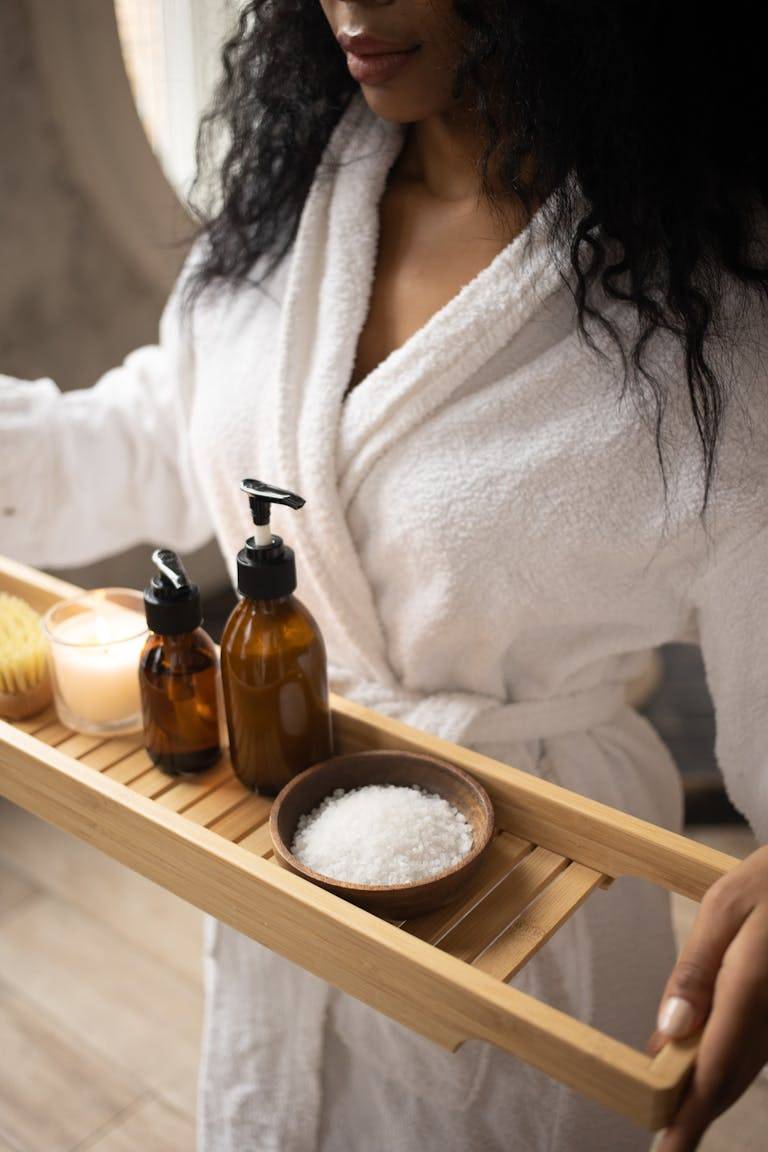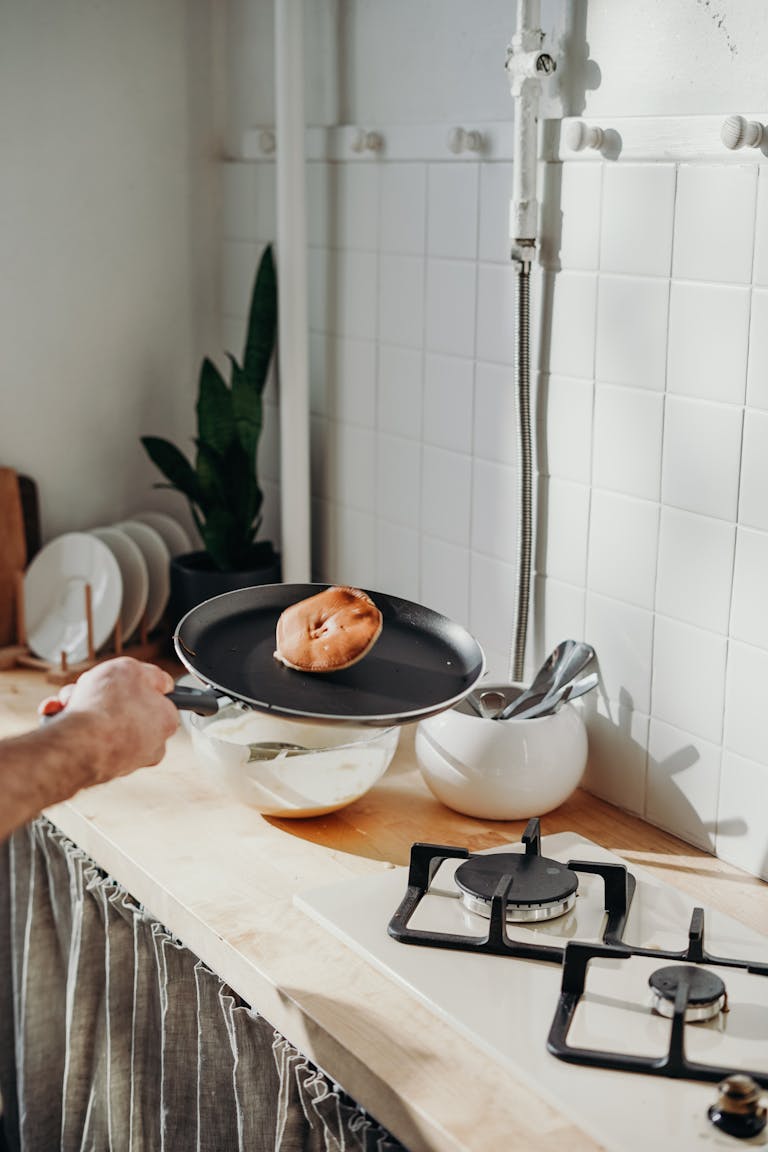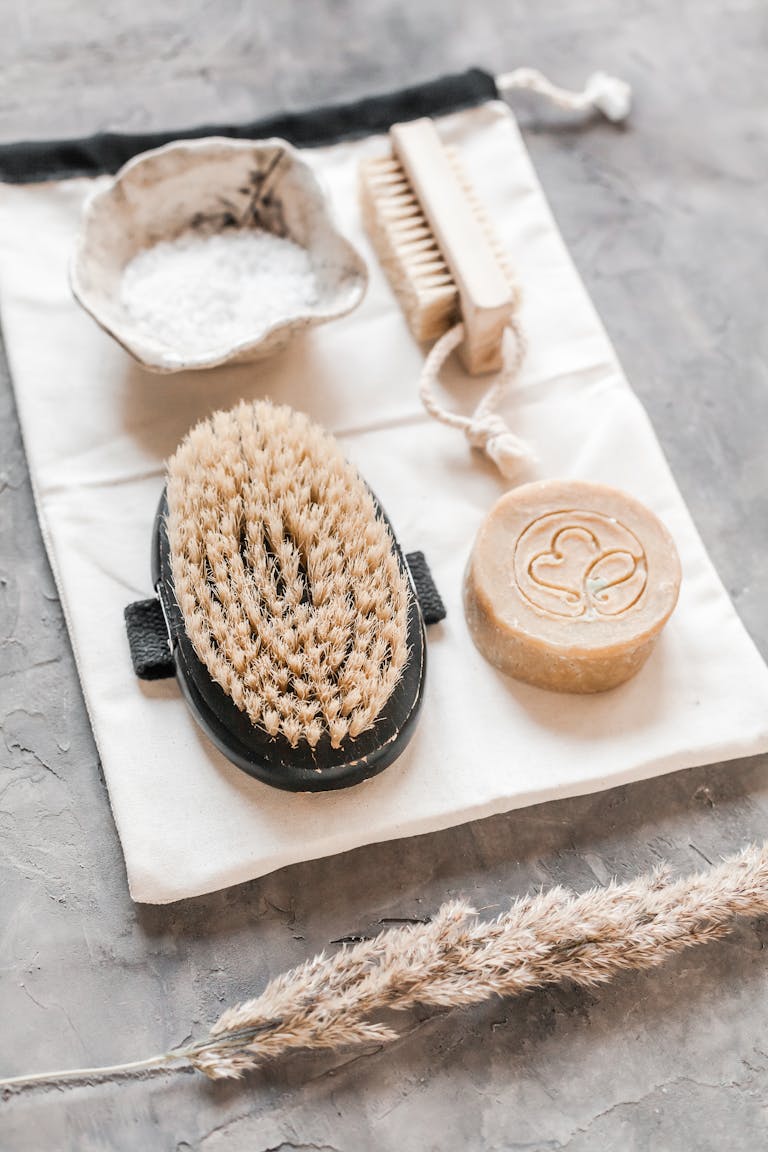In this post, I’ll share 7 proven tips to help you get restorative sleep! These 7 proven tips for restorative sleep will help you improve your sleep, optimize your bedtime habits, and wake up feeling refreshed and energized. From creating a calming pre-sleep ritual to enhancing your sleep environment, these tips are designed to guide you toward achieving better, more restorative sleep every night.
Do you find yourself tossing and turning at night, struggling to get the restful sleep your body needs? If you’ve been searching for ways to improve your sleep quality, you’re not alone. Poor sleep can affect your health, productivity, and mood, but the good news is that you can unlock better sleep by adopting a restorative night routine.
This post may have affiliate links. All eligible purchases from listed affiliate links can earn me commission, at no extra cost to you.
7 Proven tips for restorative sleep:

1. Establish a Consistent Sleep Schedule
A consistent sleep schedule is one of the most effective ways to improve your sleep quality and have restorative sleep. When you go to bed and wake up at the same time every day, you help regulate your body’s internal clock, also known as the circadian rhythm. This makes it easier to fall asleep and wake up naturally, without relying on an alarm. I started doing this in 2024 and even on the weekend when I’m up a little later than usual, I wake up within the same hour I usually would and feel great.
Tip: Try setting a bedtime and wake-up time that you can stick to, even on weekends. This will help maintain your body’s natural rhythm and make it easier to fall asleep! For me, I get to bed around 10:30PM-11:00PM and wake around 7:30AM-8:00AM.
2. Create a Relaxing Bedtime Routine
Your bedtime routine sets the tone for your sleep quality. By incorporating calming activities before bed, you can signal to your body that it’s time to wind down. Whether it’s reading a book (a favorite of mine), taking a warm bath, or practicing relaxation techniques, a peaceful routine helps prepare your mind and body for sleep. Any calming activities you can do will help you wind down a lot quicker!
Tip: Avoid stimulating activities such as checking your phone or watching TV. Instead, focus on low-energy activities like journaling or deep breathing exercises.
3. Limit Screen Time and Blue Light Exposure
Blue light emitted by screens can interfere with your body’s production of melatonin, the hormone responsible for regulating your sleep-wake cycle. Excessive screen time before bed can make it harder to fall asleep and affect sleep quality.
Tip: Aim to stop using screens (phones, computers, TVs) at least 30 minutes to an hour before bed. Consider using blue light blocking glasses or activating your device’s blue light filter if you need to use your phone or computer.
4. Mind Your Diet: Avoid Heavy Meals and Caffeine Before Bed
What you eat can have a significant impact on how well you sleep. Heavy meals, spicy foods, and caffeine can cause indigestion or make it harder for your body to wind down. On the other hand, some foods promote relaxation and better sleep.
Tip: Avoid caffeine and large meals at least 3-4 hours before bedtime. Opt for a light snack, such as a small handful of almonds, a banana, or a cup of chamomile tea, known for its calming properties.
5. Optimize Your Sleep Environment
Creating the perfect sleep environment is crucial for quality rest. Your bedroom should be a sanctuary that encourages deep, restorative sleep. Factors like light, noise, and temperature can all influence how well you sleep.
Tip: Keep your room cool, dark, and quiet. Consider using blackout curtains, a white noise machine, or earplugs if necessary. Make sure your mattress and pillows are comfortable and supportive to prevent waking up with aches or pains. (side note: if you don’t have a Purple Pillow, you NEED one! It’s pricey for sure, but you will be able to say goodbye to neck and shoulder pain. I’m someone who wakes up several times a night, but with my Purple Pillow, I hardly ever do. It really is a gamechanger when it comes to sleep quality!)
6. Exercise Regularly, But Not Too Late
Regular physical activity can improve sleep by helping to reduce stress and anxiety, which are common barriers to sleep. However, exercising too close to bedtime may leave you feeling too energized to fall asleep.
Tip: Aim for at least 30 minutes of exercise earlier in the day to promote better sleep. Activities like walking, yoga, or swimming are excellent choices. I personally enjoy getting out my yoga mat and doing some light stretching before a few simple workouts such as Russian twists, planks, mountain climbers, and leg lifts. I try not to exercise the last two hours before my bedtime so I don’t energize myself on accident.
7. Manage Stress with Relaxation Techniques
Stress and anxiety are among the most common reasons people struggle with sleep. If your mind is racing with thoughts or worries, it can be difficult to wind down. Relaxation techniques such as meditation, deep breathing, and progressive muscle relaxation can help calm your mind and prepare you for sleep.
Tip: Try mindfulness meditation, guided breathing exercises, or journaling to clear your mind before bed. Apps like Calm and Headspace offer excellent resources to help you relax.
Bonus Tip: Consider Natural Sleep Supplements
If you’re still having trouble getting a restful night’s sleep after implementing these tips, consider natural sleep supplements like melatonin, magnesium, or valerian root. Keep in mind that it’s important to consult with a healthcare professional before adding supplements to your routine.
Personally, I enjoy warm tea sometimes before bed. Another thing I enjoy if I’m still struggling is to let a podcast or YouTube video (I don’t watch it, just listen) play something soothing as I drift off. This could be Christian prayers, soft instrumental music, or comforting sounds.
Conclusion: Unlock Your Best Sleep Yet
A restorative night routine is one of the best investments you can make for your overall health and well-being. By following these 7 proven tips, you can improve your sleep quality, reduce nighttime anxiety, and wake up feeling refreshed and energized. Remember, a consistent sleep schedule, relaxing bedtime rituals, and an optimized sleep environment are the foundation of better sleep.
Start implementing these tips tonight, and unlock better, more restorative sleep—your body will thank you! For more routine tips, check out this post: How to Create a Minimalist Morning Routine: A Guide, or maybe Elevate Her Routine: Luxury Self Care Gifts for Women to find something for relaxation.
Let me know in the comments what you thought of this post! Have you tried these tips before? Did they work well for you?






